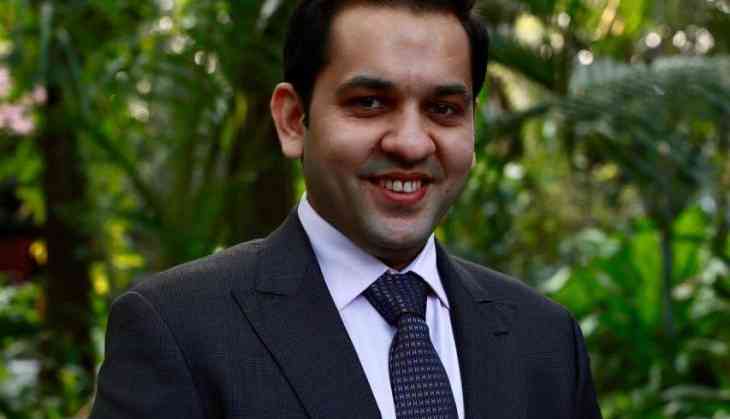The Power of One: How a Single Blood Donation Can Save Three Lives

Chennai (Tamil Nadu) : In our country, someone needs a blood transfusion every few seconds. The benefits of blood donation include helping accident victims, cancer patients, and those suffering from blood disorders. In January 2024, the Red Cross announced that it was facing an emergency blood shortage, as the number of blood donors had decreased over the past 20 years. This shortage has led to delays in blood transfusions, making blood donors more crucial than ever.
According to Dr. Ashish Chopra, a consultant cardiologist at Madras Medical Mission, Chennai, "Every time you donate blood, you can save three lives." Blood has no substitute, and there are many patients who require emergency blood transfusions. If we don't have a steady supply of healthy donors, our patients may not receive the life-saving blood transfusions they need.
Donating blood not only helps others but also provides several health benefits to the donor. When you donate blood, you receive a free health check-up, which includes a physical examination and tests to ensure you are healthy enough for the donation process. This check-up can detect underlying health issues, such as high blood pressure or atrial fibrillation, which may require medical attention.
Regular blood donation is also linked to a lower risk of heart disease and stroke. Dr. Chopra explains that donating blood helps reduce the risk of heart disease by lowering blood viscosity, which can lead to blood clots, heart attacks, and strokes. This benefit is more significant for men than women.
Moreover, donating blood can increase feelings of happiness and well-being, as it allows individuals to help others in need. It's a great way to give back to the community and can even help reduce stress and anxiety.
Here are some tips for those planning to donate blood:
- Drink plenty of water to stay hydrated and avoid dizziness during and after donation.
- Eat a nutritious meal before donating and avoid heavy exercise before and after donation.
- Take iron supplements or multivitamins to replenish iron stores, especially for young donors.
Avoid donating blood if you're feeling unwell, have a low hemoglobin count, or are taking certain medications.

